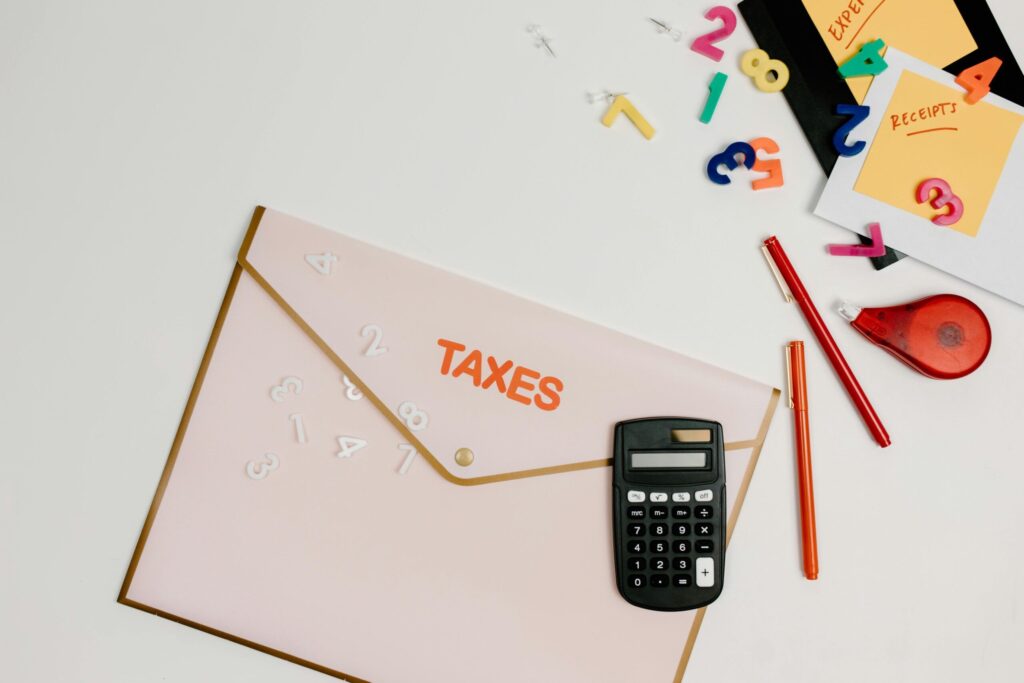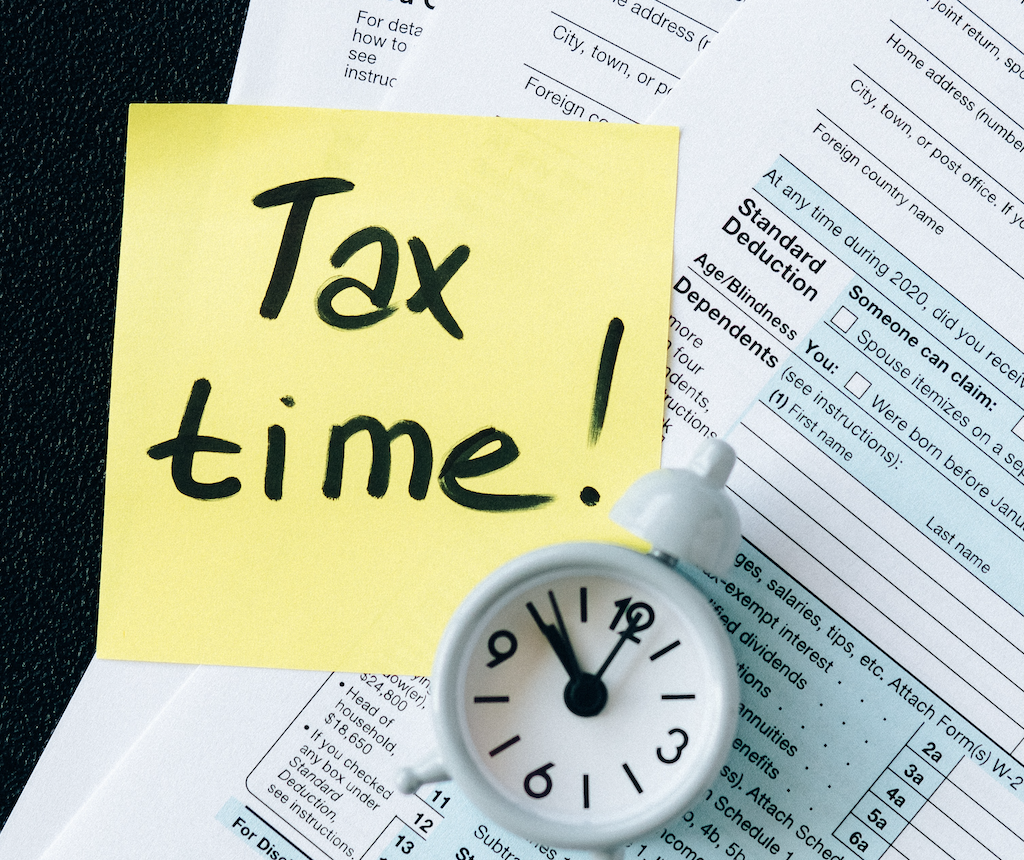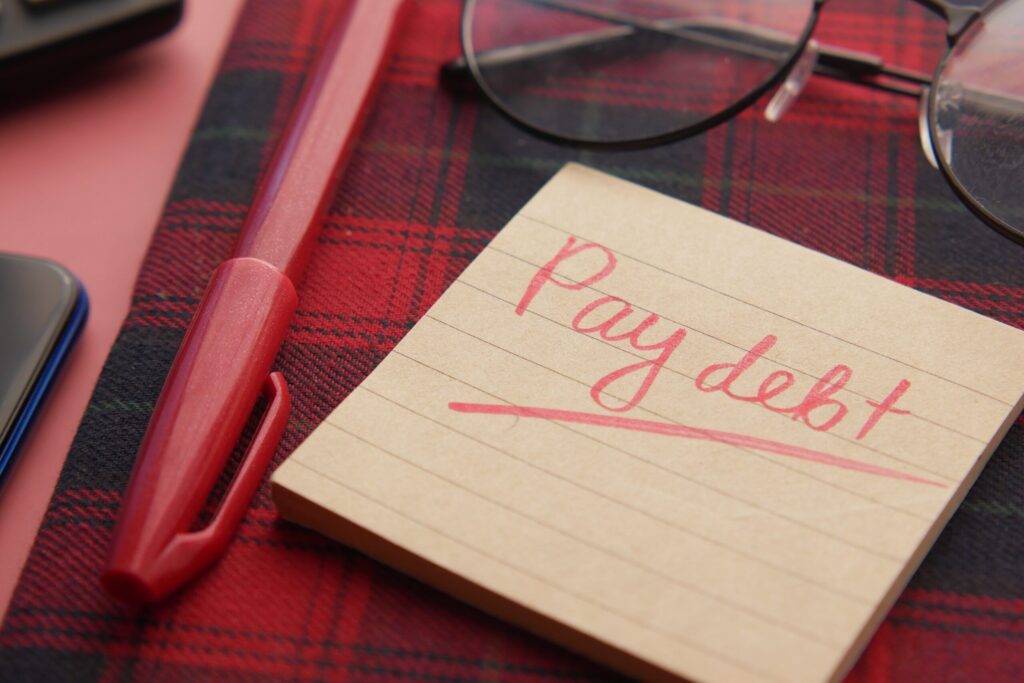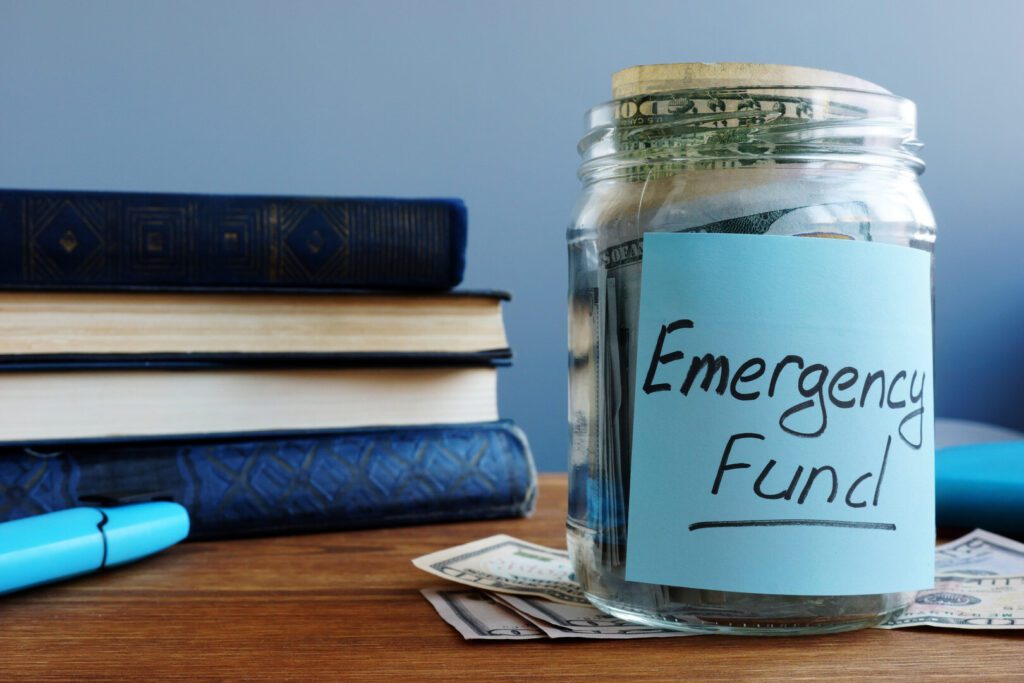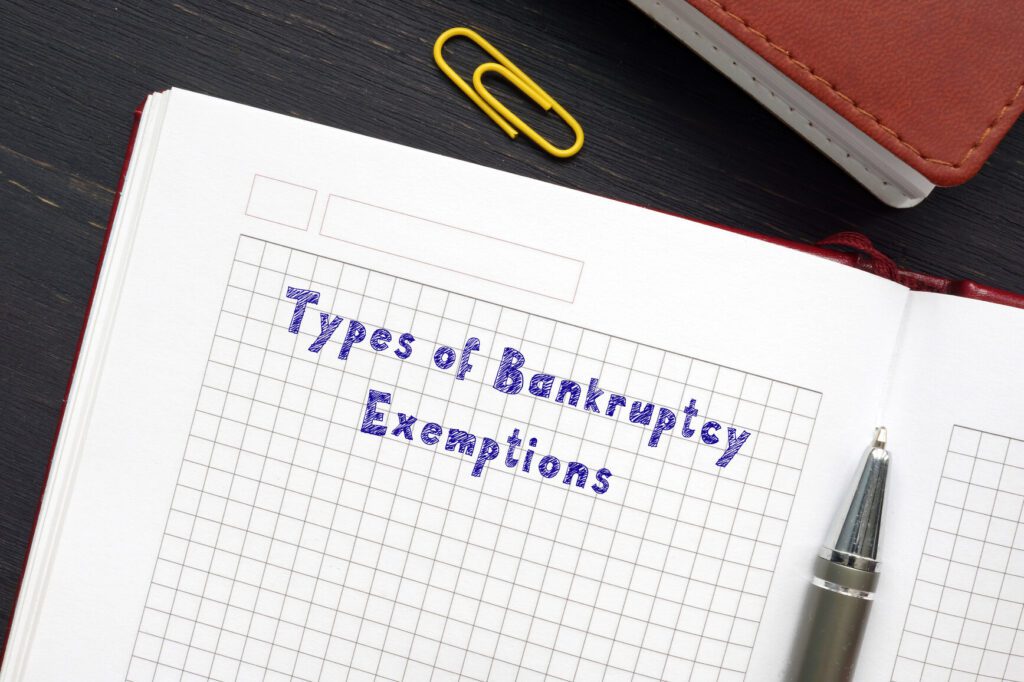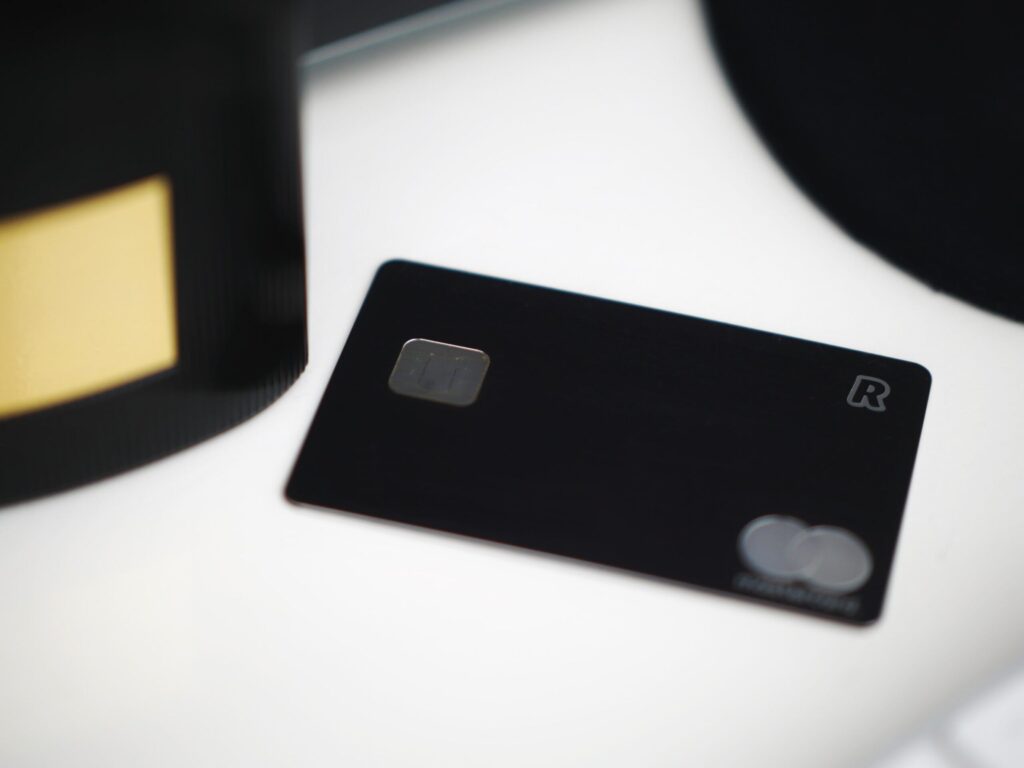There is nothing more stressful than receiving persistent collection calls from agencies claiming that you owe them money. On top of this, they may be threatening you with legal action, like a wage garnishment or placing a lien on your home. It is especially anxiety inducing when you do not understand who you supposedly owe the debt to. Debt collectors or collection agencies will typically work on behalf of your lender. Your lender will either employ a collection agency to reclaim their money, or they will sell the debt. It can be confusing when you are contacted about a debt you are unsure of. So, how do I find out who I owe collections to? In this article, we share all you need to know about tracking down your debt and ensuring it is legitimate.
What happens when your debt is sent to a collection agency?
You will typically receive a formal written notice before a collection agency or debt collector begins to collect the money that you owe. This written notice should contain the following information:
- The name of the collection agency
- The creditor you owe money to
- The amount of debt owed
If you receive a written notice that your debt is going to be handled by a collection agency, you should reach out to your creditor as soon as you can. It may be possible to either pay some of the total debt owed, or even the full amount to avoid it going to collections. Alternatively, your creditor may be open to a settlement to repay your debt.
How do I find out who I owe collections to?
Because debt collectors work on behalf of lenders, it will not always be obvious which collection agency has your debt, and which lender you owe money. While debt collectors or collection agencies will usually make it pretty clear you owe them money by contacting you, you may not always know that you have an account in collections. Or, maybe you have multiple. In this case, it can be confusing to know which agency has the debt. We recommend that you use one of the following methods to find out who you owe collections to:
Check with your lender
The lender you originally borrowed funds from should be able to inform you which collection agency or debt collector was hired to reclaim the money, or bought the debt from them. Do note that there is a chance that your account has gone to a third party, in which case it may not be so obvious. Before you make any kind of payment, ask that the collection agency provides evidence of the debt in a formal letter. There is a possibility that your original lender will not discuss the account with you, particularly if the debt has been sold.
Monitor your credit report
The vast majority of collection agencies will report debts to Canada’s two primary credit bureaus – Equifax and TransUnion. Each year, you can download a copy of your credit report for free. You should frequently monitor your credit report for any new collections – brand new ones will not show immediately. Unfortunately, it is not possible to see whether a collection agency reported your debt to one of the credit bureaus, or both, so you should check with each of them regularly.
Check your voicemail and messages
It is no secret that debt collectors and collection agencies will often try their luck with vulnerable debtors, asking for repayments even when they are not legitimate. Any legitimate debt collectors will leave appropriate messaging via voicemail or message with their contact information if they cannot get through to you on a call. You can also check if a collection agency is legitimate via caller ID, by checking the phone number online. You should be cautious about calling back a collection agency without preparing beforehand. Once you are in touch, they will have one thing on their mind – reclaiming the money they are owed. Check out our tips for speaking to a collection agency.
Wait for a call
If you are struggling to establish the collection agency that is contacting you and indeed the debt that you owe, wait for another call. If you truly owe them money, it is likely they will be persistent with their collection calls. While awaiting a call, you should familiarize yourself with your collection rights. A collector has certain obligations, including ensuring that they are respectful when speaking to you, and that they only call during certain times of day. The debt collector must also share the specific name of the collection agency they are calling from, and the amount of debt that you owe. You also have the right to dispute the debt should you feel you do not owe it.
How do you negotiate with a collection agency?
When you have established which collection agency is requesting payments, you will need to handle the debt accordingly. You may be able to negotiate if you are honest about your financial situation and actively demonstrate that you are trying to make your repayments. They may be willing to arrange a repayment plan with you, although you should note that they will only have their debt in mind and they may try to pressurize you into a plan you cannot afford. Before paying any funds towards a settlement, make sure you obtain the terms formally in writing from the collection agency. If you do not, they could continue to chase you for funds even if you discussed new terms. If you have concerns about a debt you are trying to settle, you should speak to a Licensed Insolvency Trustee at Spergel. We can help to answer any questions you may have, and offer advice on your specific situation. Given that statutes of limitations and regulations can differ between provinces, seeking out advice for your unique circumstances can help you in the long run.
How to pay your debt once it is handled by a collection agency
If you are sure you know the debt you are being contacted about is yours, and the amount is correct, paying off the debt will resolve the issue once and for all. There are a few actions to bear in mind when doing so:
- Do not send cash
- Always request a receipt for any payments you make
- Only communicate with the collection agency or debt collector who reached out requesting payment
- Do not contact your original creditor – this could complicate the situation
If you cannot make the full payment, you should contact the collection agency as soon as you can to offer an alternative repayment method. Perhaps instead of a lump sum payment, you can make monthly payments. You could also make an initial payment to demonstrate your commitment to making your repayments, if you can. Always request a receipt from the collection agency when making a payment – this should be a written followup.
What if you cannot afford the debt you owe?
Many Canadians realize that they cannot actually afford to pay the debt that they owe to collection agencies or debt collectors. With a rising cost of living and increasing interest rates, it is all too easy for debts to rack up. Our experienced Licensed Insolvency Trustees will assess your financial circumstances and suggest a pathway to debt relief for you and your individual needs. These forms of debt relief include the following popular options:
Consumer proposal
A consumer proposal is a legal form of debt settlement which can reduce your unsecured debts by up to 80%. It is the process of suggesting an affordable monthly repayment figure to your creditors for approval. A trusted Licensed Insolvency Trustee will negotiate with your creditors on your behalf to get an agreement. Once approved, you will simply need to make your manageable monthly payment for a period of up to five years at the very most. Advantages of a consumer proposal include being able to keep your assets, and protection from your creditors. At Spergel, we have a 99% acceptance rate on any consumer proposals we file, which means you have a 99% chance of a huge reduction in your debt.
Bankruptcy
Bankruptcy is the process of assigning any non-exempt assets you may have over to your Licensed Insolvency Trustee. They will sell them where possible to reclaim any funds to go towards the repayment of your creditors. In exchange, you are cleared of your unsecured debts and free to begin a fresh financial future. Bankruptcy has the advantages of offering full protection from creditors and ending any legal action like wage garnishments or bank account freezes.
At Spergel, unlike other bankruptcy firms, you are assigned your very own Licensed Insolvency Trustee to walk you through the entire debt relief journey, instead of passing you from person to person.
What if you are contacted about a debt that is not yours?
If you think you are being contacted for collections on a debt that is not yours, you should contact the collection agency or debt collector immediately. It could be that a simple error has been made. By contacting them, you can establish the steps needed to have the error corrected. You should also check your credit report to see if the debt appears on your report. If it does, and the debt was associated with you in error, you should contact Canada’s credit bureaus additionally to have these incorrect entries removed from your report. At Spergel, we can also help you to rebuild your credit score after debt.
How do you know if a debt collector is legitimate?
If you are contacted by a debt collector or collection agency and are unsure whether or not they are legitimate, you should request as much information from them as you can. You should ask for any relevant phone numbers, addresses, and license numbers so that you can check the legitimacy of the agency. You can check via the Better Businesses Bureau (BBB).
What if you do not pay a collection agency?
If you do not pay a collection agency or debt collector and choose to ignore them instead, it could land you in hot water. Ignoring collection agencies can have some detrimental effects, including the following:
- Negative impact on your credit score
- Wage garnishment
- Frozen bank account
- Placing a lien on your home
These consequences can in turn have a negative impact on your ability to secure future credit or financial products. Even when you can secure one, it will likely come with a high interest rate that is expensive to repay. For some types of employment, a poor credit score can also impact the way that potential employers view your application. If you need support with any of the consequences of not paying a collection agency, book a free consultation with Spergel. We can help you, no matter how bad you might feel your financial circumstances are.
If you have further questions on ‘how do I find out who I owe collections to?’, book a free consultation with Spergel. Our experienced Licensed Insolvency Trustees have been supporting Canadians to begin their journey to a fresh financial future for over thirty years. We will review your financial circumstances and help you to choose an appropriate pathway to debt relief. Reach out today – you owe it to yourself.



